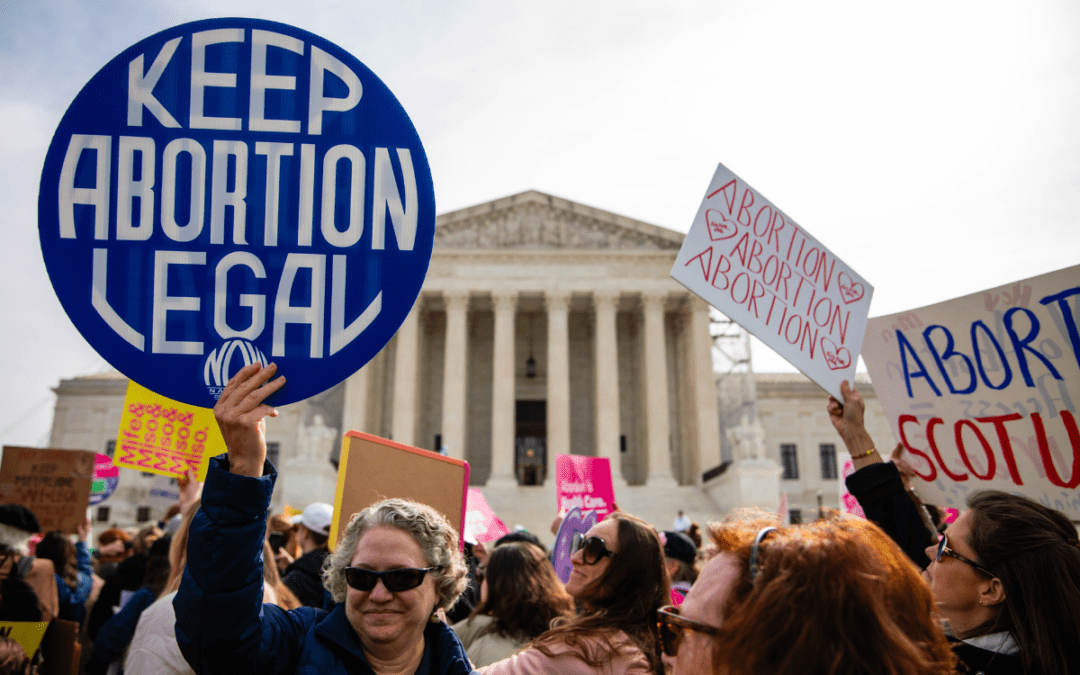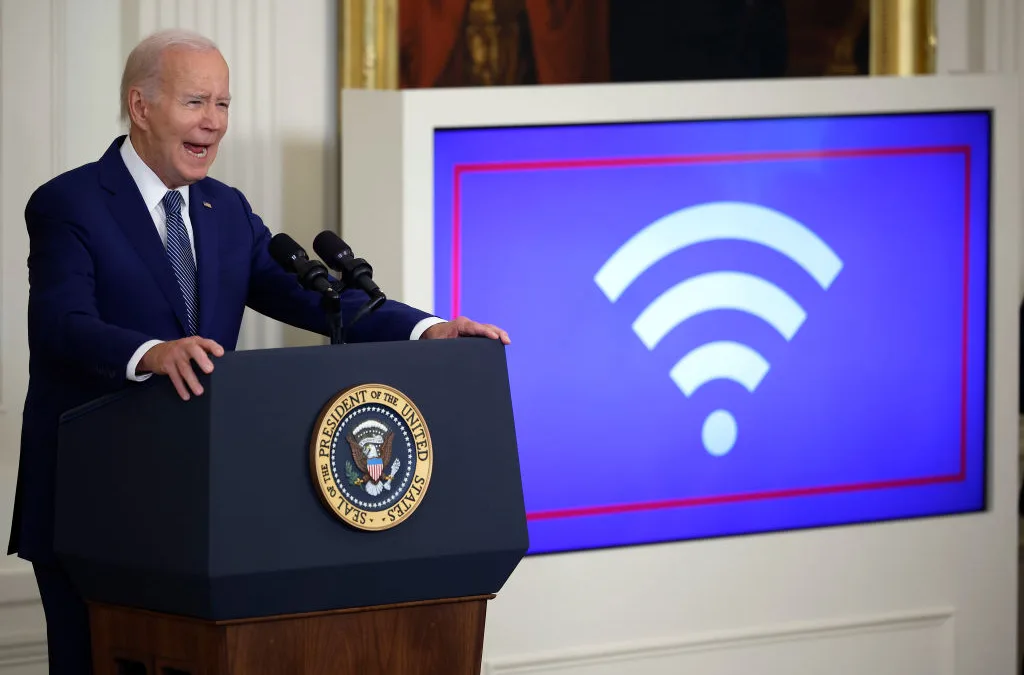
Photo of Chief Justice John Roberts (AP Photo/Patrick Semansky, File)
The Court issued its first abortion decision since Amy Coney Barrett was confirmed, and it stands to unfairly burden people of color and those living in rural areas by requiring them to pick up abortion medications in person.
In a decision devastating to reproductive rights, the Supreme Court on Tuesday reversed a ruling that allowed women to receive abortion medications by mail.
The hearing on whether to reinstate in-person restrictions on mifepristone, the drug used to terminate early pregnancies, came at the White House administration’s request. It was the high court’s first abortion case since seating conservative Justice Amy Coney Barrett. Reproductive rights advocates are concerned about the impact of such a decision on people of color.
Charon Asetoyer, executive director of the Native American Women’s Health Education Resource Center, said that the mail option eased the burden of access for Indigenous women, many of whom live in rural areas.
Sorting Fact From Fiction: Sign Up for COURIER’s newsletter.
“Sometimes the journey can be 100 miles or farther, especially states like South Dakota where there is only one abortion facility. You have to have money for gas and lodging for a two-day trip, rendering it almost impossible for women to access,” Asetoyer told COURIER. “As far as I’m concerned, it’s an act of slavery. Women should be able to make those decisions for themselves.”
According to the American College of Obstetricians and Gynecologists, medical abortions are legal in the first 10 weeks of pregnancy and make up over half of the abortions performed in that time frame. Mifepristone disrupts the forming of the uterus lining. A second drug, misoprostol, is taken 24 to 48 hours later to induce contractions and empty the uterus. Misoprostol is available without a prescription at most retail and mail-order pharmacies.
The Food and Drug Administration previously required women to pick up mifepristone in person. As the coronavirus epidemic ensued, the American College of Obstetricians and Gynecologists and other health groups sued the Department of Health and Human Services and the FDA to suspend the rule. The health groups argued women could consult with their doctors remotely and receive the medication by mail, saving them from needless exposure to the virus at a doctor’s office or hospital. Three lower courts backed them up.
In the Supreme Court’s majority opinion, Chief Justice John G. Roberts Jr. wrote that the federal courts had overstepped their authority in circumventing the FDA, based on “the court’s own evaluation of the impact of the COVID-19 pandemic.” Roberts was the only member of the majority to offer an explanation.
“Here as in related contexts concerning government responses to the pandemic, my view is that courts owe significant deference to the politically accountable entities with the ‘background, competence and expertise to assess public health,’” Roberts wrote.
The Supreme Court’s decision will have excessive ramifications for Black and Latino patients, already at greater risk for COVID-19 due to systemic forces. According to PLOS Medicine Journals, Black and Latino patients ages 25–34 are 700 times more likely to die of COVID-19 than their white counterparts. Opponents of the decision argue that it puts more people of color at risk of coming into contact with the virus.
“The court’s ruling rejects science, compassion, and decades of legal precedent in service of the Trump administration’s anti-abortion agenda,” Julia Kaye, a lawyer with the American Civil Liberties Union, said in a statement. “It is mind-boggling that the Trump administration’s top priority on its way out the door is to needlessly endanger even more people during this dark pandemic winter — and chilling that the Supreme Court allowed it.”
Abortion restrictions already negatively impact women of color. Due to systemic racism and income inequality, they are more likely to be covered by Medicaid. As a result, they are subject to the Hyde Amendment, which bans federal funds for abortion, according to the National Partnership. Indigenous people seeking abortion care through the Indian Health Service (IHS) suffer under similar restrictions. IHS only performs abortions in case of rape, incest, or to save the mother’s life and requires signed documentation from a law enforcement agency, a health-care facility, and a police report filed within 60 days of the rape.
Justice Sonia Sotomayor led the dissent, joined by Justice Elena Kagan, against this harmful decision. She wrote that requiring women to travel to get the drug during the pandemic “not only treats abortion exceptionally, it imposes an unnecessary, irrational and unjustifiable undue burden on women seeking to exercise their right to choose. One can only hope that the Government will reconsider and exhibit greater care and empathy for women seeking some measure of control over their health and reproductive lives in these unsettling times.”
READ MORE: The Hyde Amendment Is Classist and Racist and Needs to Go
Politics

How Project 2025 aims to ban abortion in Pennsylvania
Former president Donald Trump said abortion was a state’s rights issue recently, but conservative organizations, under the banner “Project 2025,”...

736,000 PA households could lose crucial help on their internet bills
Time is running out for the Affordable Connectivity Program, which provides low-cost high speed internet access for over 736,000 Pennsylvania...

What to know about Trump’s legal issues
Over the past year, former president Donald Trump has become the center of not one, not two, not three, but four criminal investigations, at both...
Local News

Conjoined twins from Berks County die at age 62
Conjoined twins Lori and George Schappell, who pursued separate careers, interests and relationships during lives that defied medical expectations,...

Railroad agrees to $600 million settlement for fiery Ohio derailment, residents fear it’s not enough
Norfolk Southern has agreed to pay $600 million in a class-action lawsuit settlement for a fiery train derailment in February 2023 in eastern Ohio,...





